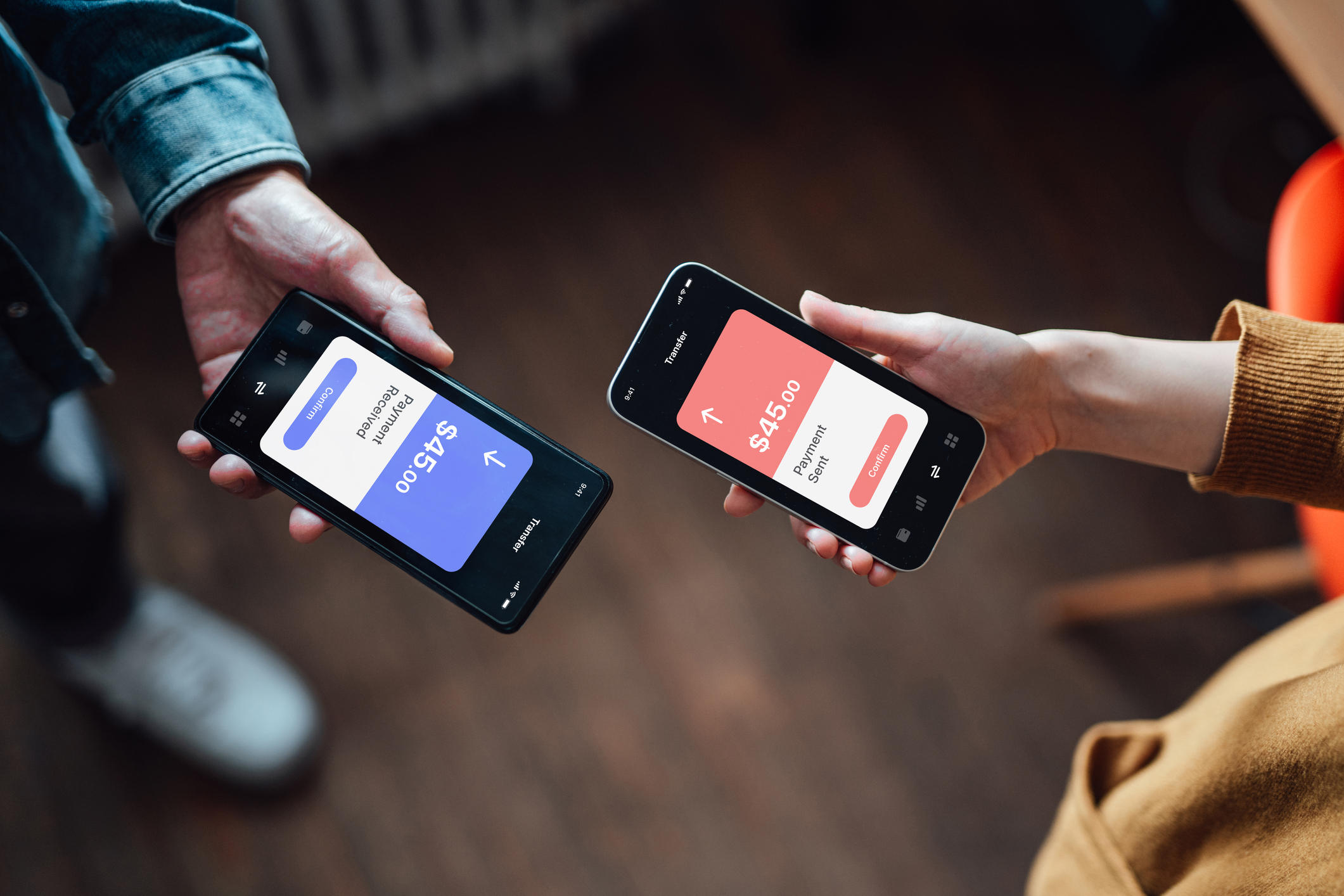
Following a growing number of incidents of fraud and theft in New York City involving payment apps Venmo, Zelle and Cash App, Manhattan District Attorney (DA) Alvin Bragg is calling on executives at these apps to increase customer security.
Bragg sent letters to the heads of those apps on January 22 and requested meetings with each of them, saying that the problem extends beyond NYC to the rest of the country.
“These crimes involve an unauthorized user gaining access to unlocked devices and then draining bank accounts of significant sums of money, making purchases with mobile financial applications, and using financial information from the applications to open new accounts,” he said in the letter.
"The ease with which offenders can collect five- and even six-figure windfalls in a matter of minutes is incentivizing a large number of individuals to commit these crimes, which are creating serious financial, and in some cases physical, harm to our residents," he said.
Apple tests new safeguards
Citing Apple’s new beta Stolen Device Technology, which when activated requires someone to use FaceID in addition to their password to access sensitive information such as stored passwords, Bragg said that more safeguards like these are needed.
How to choose the right payment app can be daunting, however, especially when considering security.
During the last five years, the peer-to-peer payment services market has grown "exponentially" to almost $1 trillion in payments across the most-used apps, Bragg said. "As these payment networks have become ubiquitous, frauds and scams have proliferated, with fraud claims tripling between 2020 and 2022, costing consumers hundreds of millions of dollars each year."
He offered a number of suggestions for the companies to implement to increase security, such as:
- Adding a second and separate password for accessing the app on a smartphone as a default security option.
- Impose default lower limits on the monetary amount of total daily transfers.
- Require wait time and secondary verification of up to a day for large monetary transactions.
- Better monitor accounts for unusual transfer activities and ask for confirmation when suspicious transactions occur.
Federal oversight on the way?
Payment apps may face federal scrutiny under a new rule proposed from the Consumer Financial Protection Bureau (CFPB). Last November, the agency proposed that apps including PayPal, Apple Pay and Google Pay be held to the same security standards as their larger banking counterparts.
The rule, which would apply to companies handline more than five million transactions annually, would subject the apps to CFPB supervision in two main areas: Compliance with federal consumer protection laws, and Competition with banks and credit unions.
The move followed a CFPB report last June finding that storing money in popular payment apps carries hidden risks as they may lack the federal insurance coverage that protects bigger banks and credit unions during a crisis.
As Kiplinger previously reported, there are a number of ways to more safely use payment apps and protect yourself from potential hacks or scammers. These include:
- Protecting your account with a pin or multi-factor authentication.
- Setting up notification alerts for transactions on your account.
- Confirming the identity of anyone you send payment to before doing so.
Also, if you have a complaint or concern about a digital wallet or payment app, you can submit your comments on the CFPB site.







